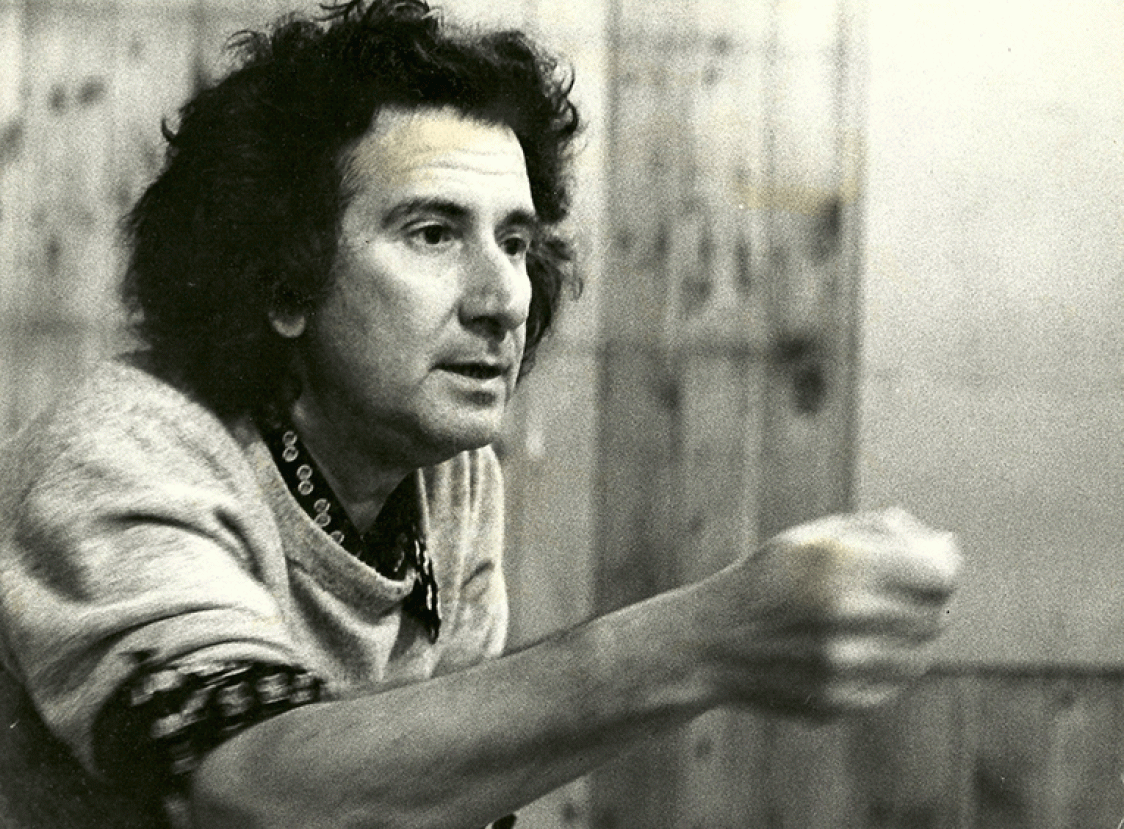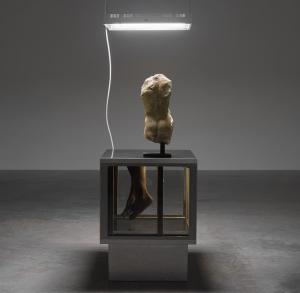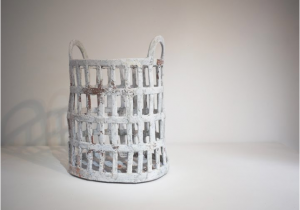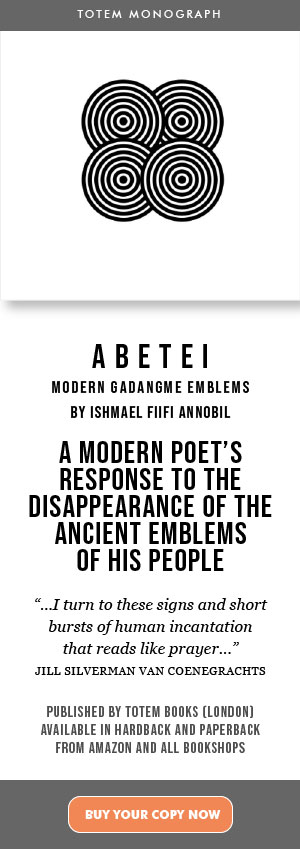AUGUSTO BOAL: THEATRE OF THE OPPRESSED
by Alex Maccioni
It was the great Bertolt Brecht who was at the forefront of questioning the audience’s relationship and role with the characters in a play. Brecht wanted to alienate and distance audiences emotionally and focus critical attention on the actual issues of the play.
In a time when media outlets were limited, the theatre stage was the bedrock for all social and political comment and debate. Brecht's theatre created a place where his plays allowed for rational investigation of social problems and man's role in this oppression. Brecht hoped that this would spur audiences to discuss and ratify what they had just seen in their everyday lives.
For decades this principle changed the way playwrights approached writing and directing. His theories swept through the socially charged theatre of the sixties and influenced all forms of left-field theatre. Theatre, thanks mainly to Brecht, was now igniting debate and waking up the sleeping masses. Brecht had broken new ground and raised the question as to what more could a playwright do to make his or hers audience proactive.
It was Augusto Boal a Brazilian playwright who answered this question and took audience participation to a new level. Augusto Boal was born in 1931 in Rio de Janiero and after studying industrial chemistry in New York he fell in love with theatre. On his return to Brazil he became an artistic director of the Arena Theatre in Sao Paulo, which had a history of providing cutting-edge social playwrights.
Boal's early time as a playwright was during a period of great repression in his homeland with military governments between 1964 – 1985, causing great social upheaval and injustice. In 1972 Boal was imprisoned and tortured for his beliefs and practices before he went into exile in various countries. It was in the late 1980’s that he eventually settled in Paris and it was here where that he developed one of the most revolutionary and thought provoking models of theatre: The Theatre of the Oppressed.
This always took the theatre onto the streets as this, according to Boal, was the only way in which audience participation was naturally bound into the play they were observing. Boal would create an environment where a few actors would act out a scene in front of a typical metropolitan backdrop. Boal would for example employ two male actors both dressed in costume from differing social or cultural backgrounds. With Boal directing throughout he would then signal to the actors to initiate a passionate non-physical argument in front of the everyday bypasses who had no knowledge that it was being staged. After this first ‘scene’ Boal would introduce a character who would act as an agent provocateur and he or she would vocally express an opinion about the staged argument. Depending on how much impact the scene had Boal would sometimes throw in another actor to stir the pot further until gradually members of the passing public would be drawn into the debate. With the original players quietly disappearing they would leave behind a caldron of debate. These methods allowed the spectator to become, as Boal called them, a spec-actor, directing the action and not remaining a passive receptacle for others’ perspectives.
Boal's form of theatre cannot be underestimated. He took risks in both form and content and his brand of theatre stands apart from our huge library of written plays where the writer is in control. For the first time a model of theatre allowed the viewing public to be physically and vocally involved and express opinions that other forms of theatre allowed only after the curtains were drawn.
It’s a surprise that global theatre has failed to embrace this unique style especially because Boal's method could save some of the economically challenged theatrical companies around the world. His theatre doesn’t need the expense of lighting and stage and, in a sense, goes back to how theatre was performed in the early days of entertainment, when theatre was meant to be a forum to discuss and argue what was being acted; something we lost when the ruling classes took over theatre soon turning it into a place where the people were divided from the actors and the protagonist from the masses. It has taken hundreds of years and the help of theatrical practitioners like Brecht for Boal to smash these coercive methods and question the way we approach films and theatre.
It would be false to suggest that Boal's theatre is purely anarchic, despite the fact that his methods instill the need for the audience to escape our usual, accepted structures of viewing. In fact Boal's techniques could be used in the mainstream world of interactive television. Television executives are already mulling over the possibility of audience interaction and, with cruel irony, Boal's theories could easily be manipulated by those bespectacled TV execs. In a sense, Boal's forum style theatre has already happened with shows nowadays that allow the viewer to choose the winner of a song contest or beauty competition. The 21st century has started to force the couch potato to do more than just watch and perhaps audience interaction is key if corps want their television shows and characters to thrive and develop around their audiences.
The core of Boal's efforts however is more down to earth. Issues about social justice and communal cooperation are paramount to a type of theatre that wants to help people realise what is really going on around them. Benefits for the media world are one thing but Boal's theatre is essentially about liberating people and providing a vehicle for grass roots activism. Boal's themes swayed from the extreme to the banal, but all had the same purpose of igniting the public against repression. One of his most famous attempts at integrating social reaction was to depict locals being attacked or bullied by a dictator governed policeman. At times Boal blatantly laid out the most shocking forms of repression in front of the people and watched on as the public displayed their passions about the injustices.
It was Boal's traveling and all encompassing Theatre of the Repressed that granted the sufferers in Latin America a chance to express themselves. Boal exploited a loophole which stood right in front of Latin Americas dictators. Away from the propaganda rinsed television screen or four walls of a municipal theatre, Boal's street theatre bypassed all restrictive outlets and allowed natural, open argument about the world that surrounded its audience.
Alex Maccioni is our Latin America Editor. He is a former FT Dynamo writer presently based in Chile, where he teaches literature, he writes and runs his own English Language College.
Photo: Augusto Boal, picture courtesy of social-theatre.org





